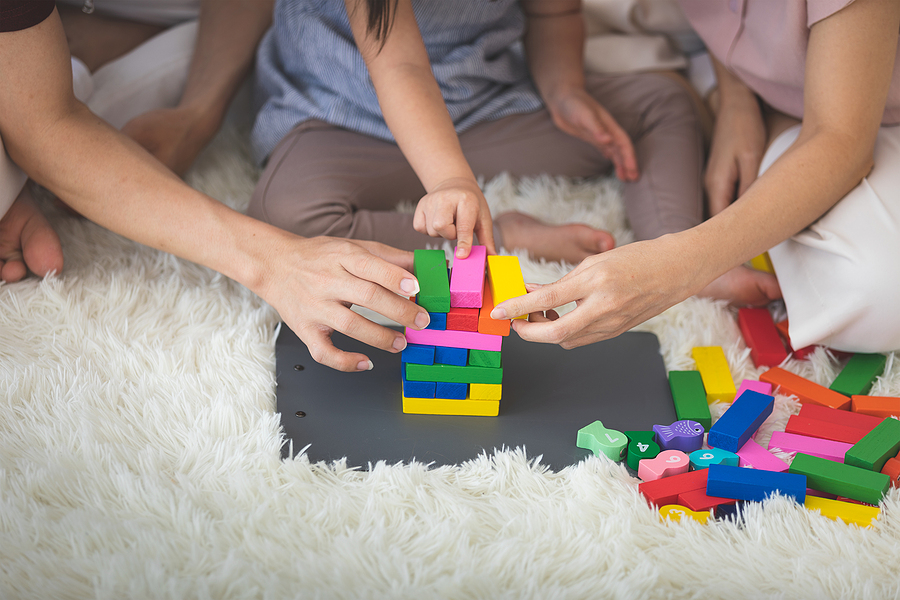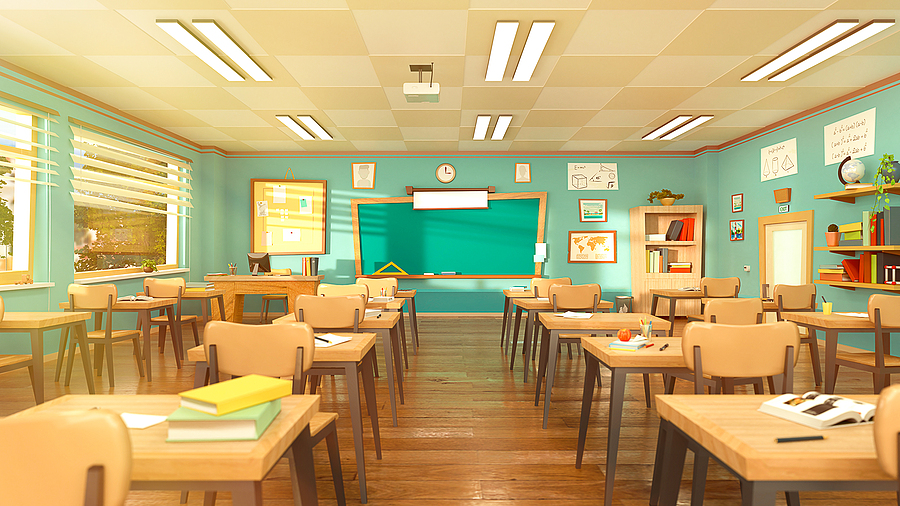In the education landscape, alternative schools offer a distinct approach compared to traditional educational institutions. Many parents and students ask, what is a charter school, and how does it fit into the spectrum of alternative education? Alternative schools, including charter schools, Montessori schools, and others, diverge from conventional schools in several key aspects, focusing more on individualized learning, flexibility, and innovative teaching methods. This article delves into the differences that set alternative schools apart.
Customized Learning Approaches
Table of Contents
Alternative schools often emphasize customized learning approaches that cater to students’ individual needs. Unlike traditional schools, where the educational model tends to be one-size-fits-all, alternative institutions strive to recognize and nurture each student’s unique strengths and learning styles. This approach allows students to explore their interests independently, fostering a more engaging and effective learning experience.
Alternative schools frequently employ project-based learning, where students work on complex projects that apply real-world knowledge and skills. This hands-on approach makes learning more relevant and exciting and develops critical thinking, collaboration, and problem-solving skills, which are crucial for success in today’s world.
Flexible Curriculum and Scheduling
Another hallmark of alternative schools is flexibility in both curriculum and scheduling. These institutions often offer a more diverse and adaptable curriculum beyond the standard academic subjects, including arts, technology, and experiential learning opportunities. This broad curriculum aims to develop well-rounded individuals with various skills and interests.
Alternative schools tend to offer more flexible scheduling options than traditional schools. This flexibility can include longer class periods, block scheduling, or a modular calendar allowing intensive study periods. Such scheduling adaptations enable deeper exploration of subjects and accommodate students’ varying learning speeds and styles.
Success Academy states, “Charter schools may serve their students better because they can innovate and make decisions that best serve children. For example, they may change the school day or school year schedule to increase student learning. These changes include extending operating hours or building more school days into their schedule.”
Emphasis on Social and Emotional Learning
Social and emotional learning (SEL) is a core component of alternative schools, distinguishing them significantly from traditional educational models. These schools integrate SEL into the curriculum, teaching students essential skills like empathy, self-awareness, and emotional regulation. By prioritizing the development of these skills, alternative schools successfully prepare students to navigate the complexities of personal and professional relationships.
Alternative schools’ supportive and community-oriented environment fosters a sense of belonging and mutual respect among students and teachers. This positive school culture encourages students to express themselves openly and build strong, supportive relationships with their peers and educators.
Teacher-Student Relationship
Teacher-student relationships in alternative schools also differ markedly from those in traditional settings. In alternative schools, teachers often act more as guides or mentors than authoritative figures, fostering a collaborative learning environment. This approach encourages students to take more responsibility for their learning and to view teachers as accessible resources and supporters.
Such relationships are built on trust and respect, creating a more personalized and meaningful educational experience. Students feel valued and understood, which boosts their confidence and motivation to learn.
Assessment Methods
Lastly, alternative schools frequently employ more diverse and holistic assessment methods than traditional education systems’ standardized tests. These assessments might include portfolios, presentations, research projects, and peer evaluations, which provide a more comprehensive view of a student’s abilities and progress.
These alternative assessment methods emphasize applying knowledge and skills rather than rote memorization. They allow students to demonstrate their learning creatively and individually, fostering a deeper understanding and appreciation for the material.
Alternative schools offer a distinctive educational experience that diverges significantly from traditional institutions. Through customized learning approaches, flexible curriculums, an emphasis on social and emotional learning, unique teacher-student dynamics, and holistic assessment methods, alternative schools cater to students’ diverse needs and potential. This innovative approach to education not only enhances learning outcomes but also prepares students for the challenges and opportunities of the future.
Image Source: BigStockPhoto.com (Licensed)
Related Categories: Education, Reviews








